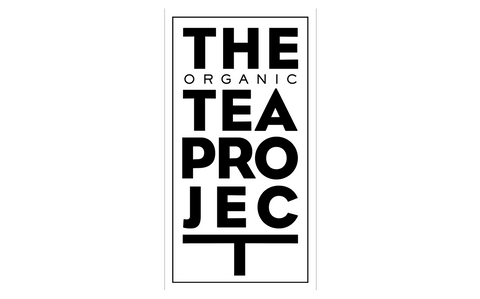Unveiling the Health Marvel: Moringa – Scientific Studies and Origins

The wellness world has seen an exciting newcomer in recent years. Known as Moringa oleifera, or simply Moringa, this versatile plant is causing a stir among nutritionists, health enthusiasts, and scientists alike.
Often referred to as the 'Miracle Tree' or 'Drumstick Tree,' Moringa's nutritional profile and potent health benefits make it one of the most beneficial plants known to man.
In this blog post, we'll explore where Moringa comes from, the scientific studies surrounding it, and why it might just be the next big thing in your health routine.
Where Does Moringa Come From?
Moringa is native to the sub-Himalayan areas of India, Pakistan, Bangladesh, and Afghanistan, but its cultivation has expanded to tropical and subtropical regions around the globe, including Africa, Central and South America, and Southeast Asia.
Historically, all parts of the Moringa plant - leaves, pods, seeds, flowers, roots, and bark - have been used for their nutritional and medicinal properties. For thousands of years, this plant has been a staple in traditional medicine systems, such as Ayurveda, for treating a wide array of health conditions.
Moringa and Modern Science
In the 21st century, the scientific community has turned its attention to Moringa, with research corroborating its health benefits and nutritional value. Here's a glimpse into the world of Moringa through the lens of modern science:
Moringa as a Nutritional Powerhouse
A study published in the journal "Plants" (2020) reinforced that Moringa leaves are a rich source of essential nutrients. They are packed with protein, fiber, and a myriad of vitamins and minerals, including vitamins A and C, calcium, potassium, and iron. What sets Moringa apart is that it offers these nutrients in higher amounts than most common foods. For instance, gram for gram, Moringa leaves contain 7 times more vitamin C than oranges and 15 times more potassium than bananas.
Moringa as a Potent Antioxidant
Moringa leaves are loaded with antioxidants, compounds that fight against free radicals, which cause oxidative stress and inflammation in the body. A 2015 study in the "Asian Pacific Journal of Cancer Prevention" showed that the antioxidant activity of Moringa leaf extract helps prevent the growth of cancer cells.
Moringa for Heart Health
Moringa has also shown potential benefits for cardiovascular health. A study published in the "Journal of Ethnopharmacology" (2012) found that Moringa leaf extract has heart-healthy benefits, such as reducing blood pressure and cholesterol levels, which can help reduce the risk of heart disease.
Moringa for Diabetes Management
The Journal of Diabetes (2012) published a study demonstrating that Moringa oleifera leaf powder could help reduce blood sugar levels in diabetic patients. This finding makes Moringa a potential aid in managing diabetes.
The Future of Moringa
While the scientific research to date on Moringa oleifera is promising, more studies are needed to fully understand the depth of its health benefits and any potential side effects. As the research continues to evolve, so too does the popularity of Moringa as a supplement and a staple in health-conscious diets.
The centuries-old 'Miracle Tree' has found a place in modern wellness routines, and it is clear to see why. With its impressive nutritional profile and emerging scientific backing, Moringa oleifera may just be the superfood of the future.


